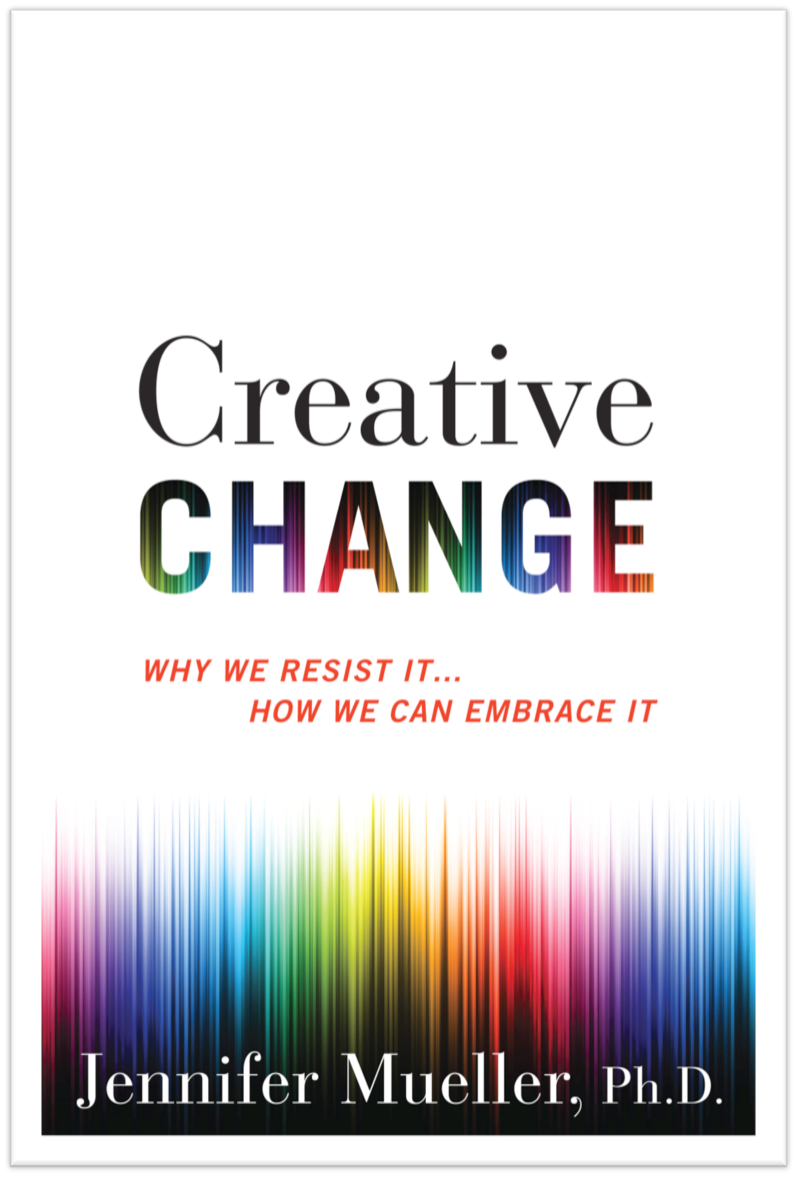Research
The overarching theme of my work is to reveal the implicit beliefs (e.g., stereotypes, cultural narratives, or lay scripts) that harm effective collaboration, assessments of leadership potential, as well as the recognition of creative ideas.
Creativity
My work asks the following question: How can organizations implement creative ideas when desired? The answer to this question is complicated - while people say they desire creative ideas and creative leaders, they also have implicit or unacknowledged negative associations with creative ideas and downgrade creative people as less leader-like. By building a theory of negative implicit attitudes towards creative ideas and people, my work reveals many previously unidentified barriers to innovation - some of which point to the very manner in which we typically structure innovation in organizations. My work builds theory and provides evidence to show that merely placing a person in a decision-maker role (e.g., organizational gate-keepers responsible for resourcing ideas) can evoke a bias against creative ideas.
Furthermore, my work uses the implicit theory of creativity to explain and unveil why many creative types struggle to gain resources for their ideas, and why familiar ideas often win even though these ideas often solve problems less effectively and efficiently in the long term. The goal of my work is to identify the mechanisms explaining why creative ideas are often rejected when desired as a means of helping organizations and employees gain influence for their creative ideas.
Collaboration
My work reveals how the implicit beliefs we have about effective collaboration (e.g., many hands make light work, two heads are better than one, and great leaders know the answers to problems) are inaccurate and can harm our ability to make collaborations work. My work shows that the mere act of collaborating can make people perform worse because they feel more confident than when working alone and so reject helpful outside advice. I have examined the social mechanics of operating in large teams. Specifically, I employed a field study to examine scientists in design teams ranging from 3-20 members in size to show that relational loss - a member's perception that support and help are less available in larger teams - mediated the relationship between team size and poor individual performance above and beyond coordination loss. I’ve also examined the implicit beliefs people hold about effective leaders – nothing that these beliefs exclude those (especially men) who seek help from subordinates and show humility. Future projects include examining whether harming behaviors may be more prevalent in female relative to mixed sex groups, as well as identifying why collaborators sometimes perform worse on judgment tasks relative to individuals.
